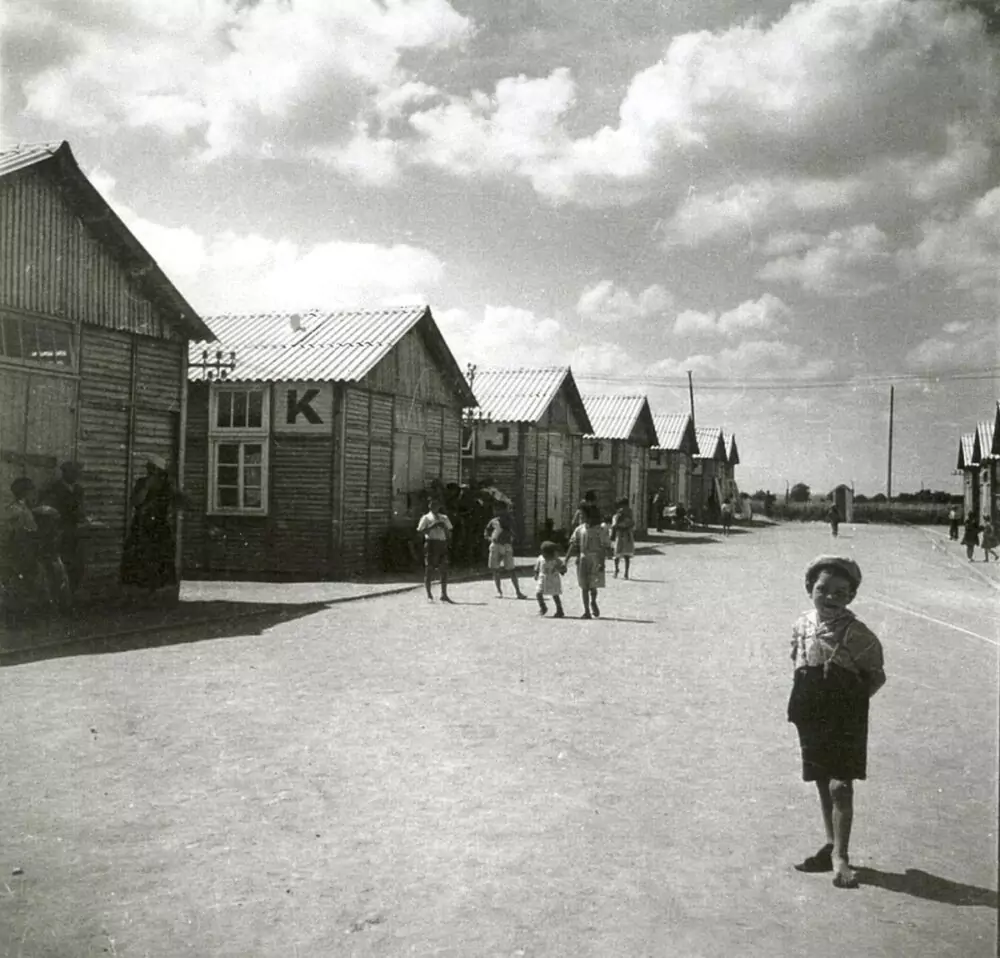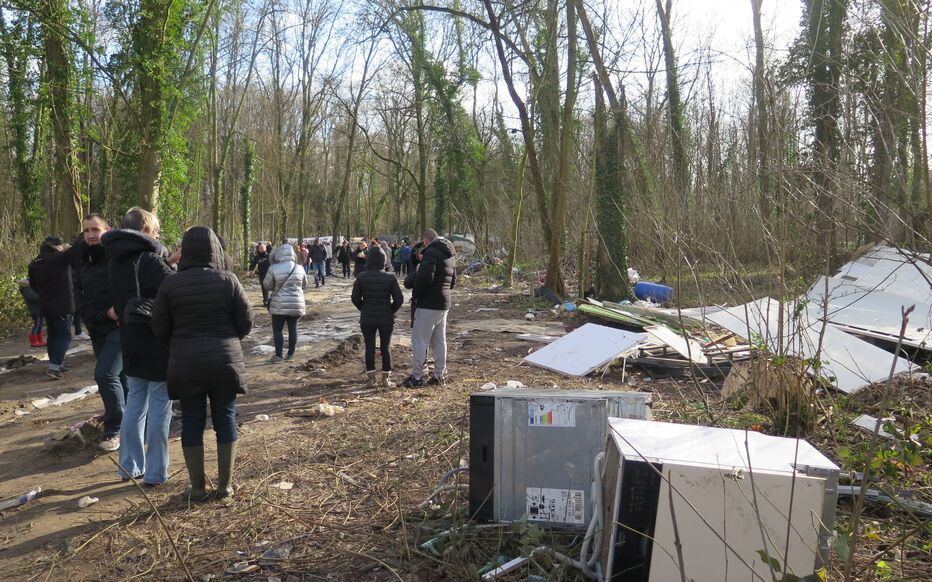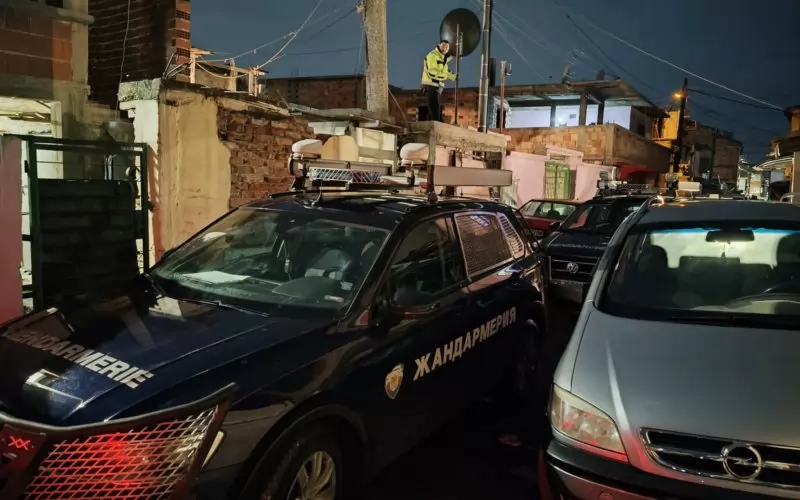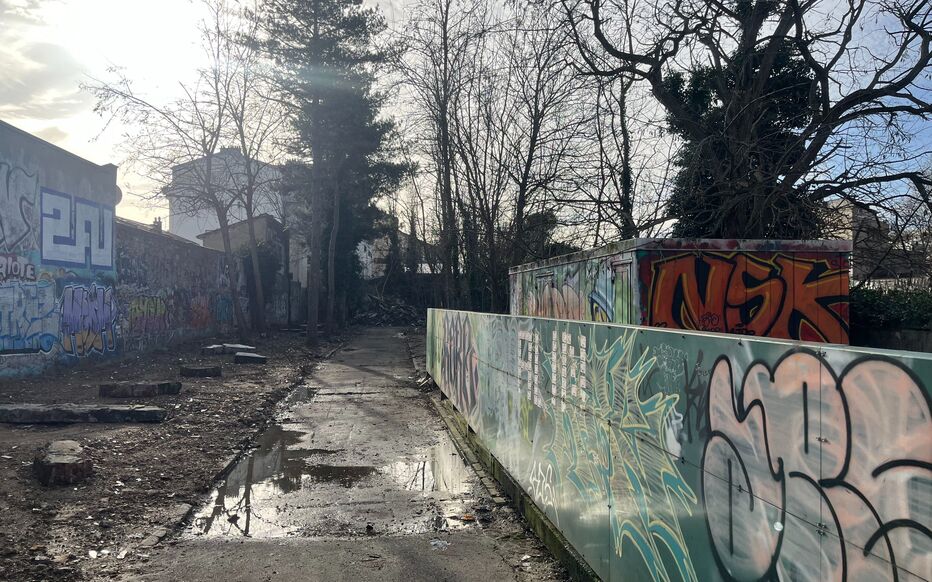Legrand (2014) reports about the Rroma policy of the Hungarian city Tiszavasvári, in north-eastern Hungary. In October 2010, the right-wing nationalist Jobbik gained most of the votes and appointed a mayor from the party. However, this did not lead to any significant change regarding the segregation and oppression of Rroma in Tiszavasvári, Legrand concludes. Already before, the minority had been marginalized and ostracized. Under the new Jobbik mayor, Erik Fülöp, no significant change has occurred in this regard, Legrand states. He didn’t destroy their homes or tried to evict them, as he had promised during the election campaign, however in return, the social exclusion has increased dramatically: The Rroma are more often harassed by the police, some even from the local doctor. The social assistance counter is located at the other end of town, so that Rroma have to go as far as possible. Their district is sealed off like a contaminated zone. In 2011, an attempt was made to revive the militia of the city, but failed due to the intervention of the Fidesz government. It was declared illegal. The local militia “Tiszavasvári Csendőrség” was involved in the deportation of Jews and Rroma under National Socialism. The “big Rroma Plan” of the new mayor is designed not to evict the minority openly, but to isolate them more systematically in their quarters and harass them: “In the first phase, the party organized a massive clean-up campaign in the neighbourhood Valak. “Now, if someone is throwing away garbage in the outside, he has to hand in social assistance”, says Anna, who fears an excuse “to confiscate the last incomes of the families.” The following stages are kept secret and the mayor and his assistants reject any media stress. Before the community centre, funded by the European Union, [is] a big house with exposed bricks, Anna sighs: “Even that comes to us, everything is done to avoid that one get out of here.” On can therefore question whether Legrand’s assessment is correct, when she concludes that the policy of the Jobbik mayor is a continuation of the earlier policy of exclusion. Rather, it seems that he brings the marginalization of the minority to a whole new level.
- Legrand, Salomé (2014) A Tiszavasvári, la ségrégation des Roms “n’a pas attendu” le Jobbik. In: Francetv Info online vom 20.5.2014. http://blog.francetvinfo.fr/trans-europe-extremes/2014/05/20/a-tiszavasvari-la-segregation-des-roms-na-pas-attendu-le-jobbik.html







